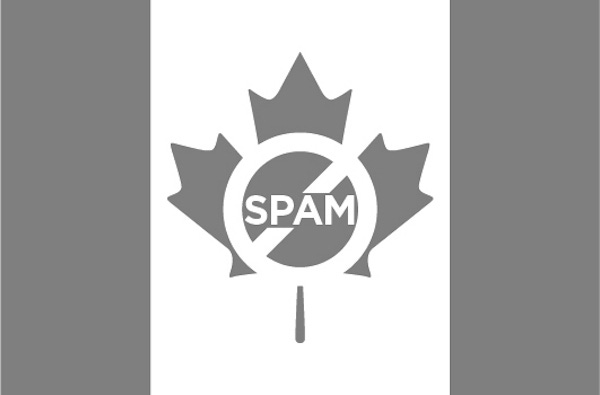3 Ways Canada’s Anti-Spam Law Impacts VAR Sales Teams
CASL isn’t a marketing-exclusive issue. CASL creates a lot of questionable gray area for VAR sales teams, too.
August 7, 2014

When Canada enacted new anti-spam legislation on July 1, much of the business world’s attention focused on what that law meant for companies’ ability to market to prospective customers.
And justifiably so. As I wrote in a post for The VAR Guy in late June, Canadian Anti-Spam Legislation (also known as CASL) is a marketing game-changer, requiring marketers to fundamentally change some of their usual prospect engagement processes. It’s no longer enough to disclose your company’s contact information and provide a simple opt-out process in prospecting emails; under CASL, businesses must now secure explicit consent from new prospects before they ever initiate communication with them.
But here’s the thing: CASL isn’t a law that only affects marketing teams. In fact, from a social media (specifically, LinkedIn) and email prospective perspective, CASL will have a big impact on how sales teams manage prospect engagement, too.
How so? Simply put, Canada’s anti-spam legislation states that all commercial electronic messages require expressed consent—and that applies to prospecting emails and social media messages, too.
Recently, I spoke with a Canadian customer (who affectionately referred to CASL as “Castle”) about a handful of real-world scenarios in which that stipulation could cause problems for VAR sales reps. Most of those scenarios fall under the classification of “gray area,” where you might be able to make a case for your emails, but we can’t be certain the gray areas would hold up in court.
Here are three situations in particular that should make VAR sales reps think twice about how they communicate with Canadian prospects:
Sending LinkedIn InMail for prospecting purposes. Let’s say you uncovered a prime Canadian prospect during LinkedIn research, but you aren’t connected to that person. If you send an invitation that sounds at all sales-y, you’re in violation of CASL. On the upside, when a prospect initiates contact with you or accepts your connection request, that qualifies as expressed consent.
Emailing webinar or event invitations. Even if you plan to include educational content in your webinar or “lunch and learn,” you could violate CASL because of an implied intent to sell. Of course, you can still promote events through social channels and you might also consider aligning with a professional association that offers credit for educational courses. The latter would go a long way toward supporting your “education” argument to CASL enforcement.
Prospecting in your customer base. If a contact is already a customer, then you might assume you’ve already secured expressed consent—but that may not be the case. Contacts you know in that account are considered to have given expressed consent. However, if you prospect another department that doesn’t use your services then you might unwittingly violate CASL, particularly if you run into a crotchety contact in a bad mood.
The bottom line is that CASL isn’t a marketing-exclusive issue. As the examples above show, CASL creates a lot of questionable gray area for VAR sales teams, too. And based on the stiff penalties the Canadian government can levy against violators of its anti-spam law, I certainly would advise against VAR sales reps to making a habit of pushing the limits of that gray area.
How has CASL impacted your business already? And what are you doing to work around it? I’d love to hear from you in the comments section below.
Kendra Lee is a top IT Seller, Prospect Attraction Expert, author of the newly released book “The Sales Magnet” and the award winning book “Selling Against the Goal” and president of KLA Group. Specializing in the IT industry, KLA Group works with companies to break in and exceed revenue objectives in the Small and Midmarket Business (SMB) segment.
About the Author(s)
You May Also Like


